On the morning of November 13, continuing the 10th Session, the National Assembly discussed in the hall the Law on Civil Servants (amended).
The right of civil servants to sign contracts to perform professional activities and business activities (Article 13) is the content that received attention and heated discussion from National Assembly deputies in the hall.
Point b Clause 1 Article 13 of the draft Law stipulates that civil servants are allowed to contribute capital, participate in the management and operation of enterprises, cooperatives, hospitals, educational institutions, and non-public scientific research organizations, except in cases where the law on anti-corruption or specialized law provides otherwise.
Delegate Nguyen Thi Viet Nga (Deputy Head of the National Assembly Delegation of Hai Phong City) commented that this is an open regulation for civil servants, creating opportunities for civil servants to exploit and promote their capacity, encouraging the use of each individual's capacity to contribute to society, taking advantage of the intelligence and expertise of civil servants in the private sector.
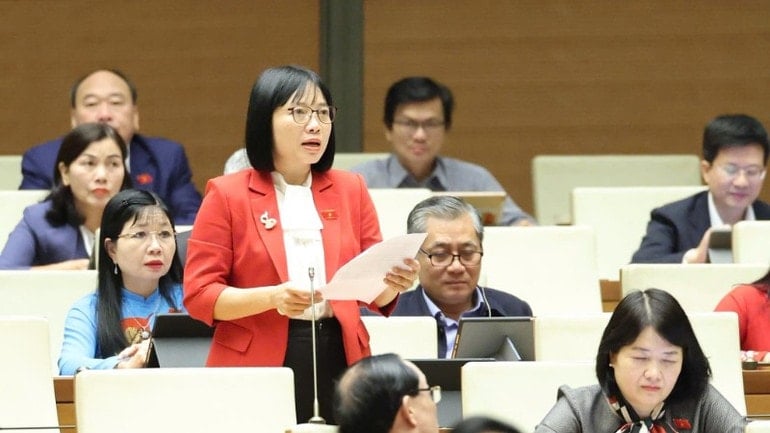
However, the delegate said that, in parallel with the expansion of this right, it is necessary to tighten regulations on the control and anti-corruption mechanism. Because, this regulation may potentially contain some risks such as conflicts of interest between positions in the public and private sectors, especially when the official is the person holding the management position of both public and non-public units operating in the same field) leading to the abuse of the position in the public sector to benefit the unit he manages in the private sector.
Therefore, according to the delegate, there should be regulations not allowing management officials to participate in the management and operation of private businesses and activities in the same field in which they are working; regulations on the mechanism for declaration, transparency, supervision and accountability of capital contribution and management participation of officials in the private sector, especially for management officials.
Sharing the same view, delegate Cao Thi Xuan (Thanh Hoa Delegation) said that these are regulations aimed at taking advantage of the capacity and professional experience in the professional activities of civil servants to contribute to society, especially jobs requiring high expertise in the fields of health and education, while at the same time, increasing legitimate income for civil servants.
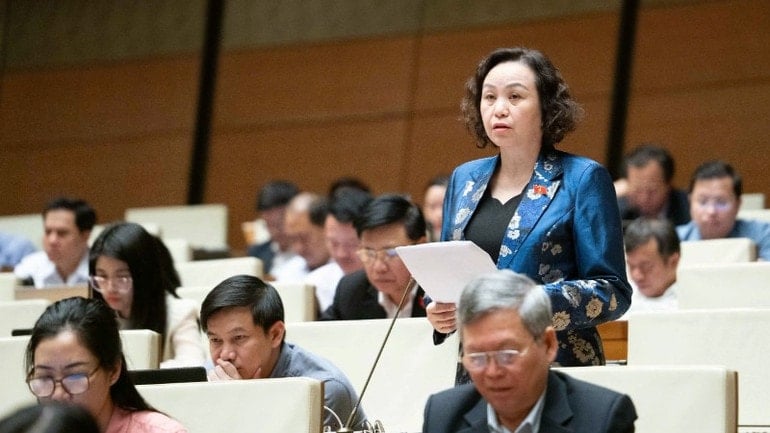
Expressing agreement with the amendments in the draft Law, the delegate said that, compared with the current law, the draft Law has expanded rights, more specifically the rights, but seems to lack strictness in ensuring the principle of completing all tasks and responsibilities of a State official before participating in outside work.
“In other words, if there is no strict monitoring mechanism, the consequence could be that the main task becomes secondary, and the quality of basic essential public services is not guaranteed…”, the delegate expressed.
On that basis, the female delegate of Thanh Hoa Delegation requested the drafting agency to carefully review and supplement regulations to avoid the above risks and, if necessary, assign the Government to provide detailed regulations so that there can be more time to calculate the measures to be built to ensure feasibility, effectiveness and efficiency in managing the civil servant team.
Delegate Nguyen Tam Hung (Ho Chi Minh City Delegation) assessed that the draft Law has identified and established management principles and the structure of rights and obligations of civil servants in a modern direction, approaching new public administration.
The draft stipulates “decentralization, delegation of power, ensuring comprehensive autonomy of public service units associated with the responsibility of the head”. However, delegates suggested that the Drafting Committee consider adding the content “establishing a mechanism to control conflicts of interest and a mechanism to protect civil servants who dare to think, dare to do, dare to take responsibility for the common interest”.
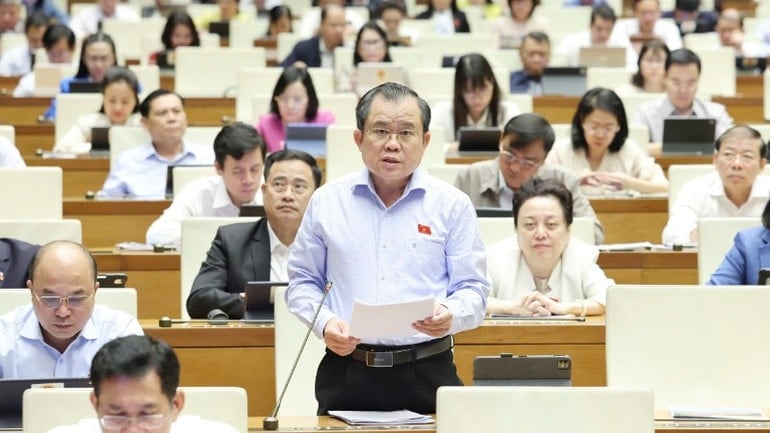
“This is an important requirement to ensure legal safety for the enforcement team, encourage innovation but still within the framework of public power control,” the delegate emphasized.
Regarding the things that civil servants are not allowed to do (Article 10), delegate Nguyen Tam Hung pointed out that the draft Law has not yet clarified the scope of the prohibition on participating in business activities. On that basis, the delegate proposed to clarify that civil servants are not allowed to invest, contribute capital, operate or guarantee for enterprises or organizations that have the same professional field as their unit.
“Such an expansion of the ban aims to prevent the situation of 'one foot in, one foot out', avoiding conflicts of interest, especially in the fields of health, education, and scientific research - where the boundaries between public service and private interests are easily confused,” the delegate said.
Regarding civil servant discipline (Article 34), delegate Tam Hung pointed out that the draft Law only stipulates individual disciplinary measures but has not yet established joint responsibility of the head. Therefore, the delegate proposed to add a provision stating that "the head of a public service unit must bear joint responsibility if there is a systematic violation or if he covers up or tolerates wrongdoing". This mechanism, according to the delegate, clearly demonstrates the principle of controlling power and enhancing integrity in public service management.
Source: https://baolamdong.vn/siet-chat-co-che-kiem-soat-ngan-ngua-tinh-trang-chan-trong-chan-ngoai-cua-vien-chuc-402508.html



![[Photo] The "scars" of Da Nang's mountains and forests after storms and floods](https://vphoto.vietnam.vn/thumb/1200x675/vietnam/resource/IMAGE/2025/11/13/1762996564834_sl8-jpg.webp)



![[Photo] General Secretary To Lam visits Long Thanh International Airport Project](https://vphoto.vietnam.vn/thumb/1200x675/vietnam/resource/IMAGE/2025/11/13/1763008564398_vna-potal-tong-bi-thu-to-lam-tham-du-an-cang-hang-khong-quoc-te-long-thanh-8404600-1261-jpg.webp)
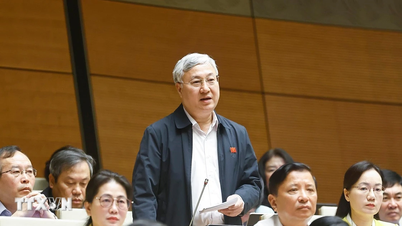

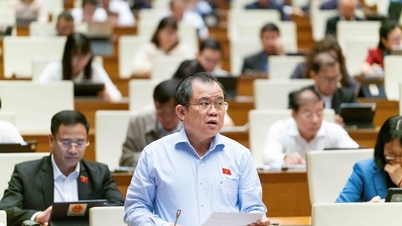

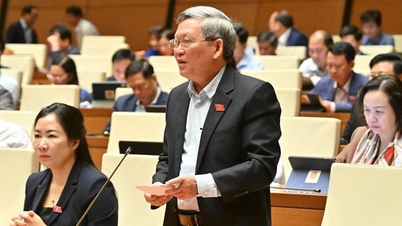

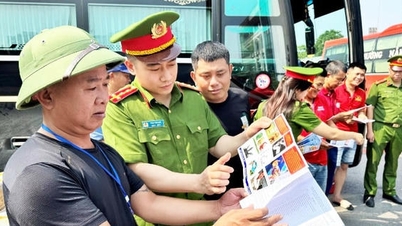



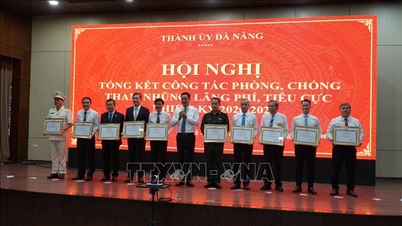
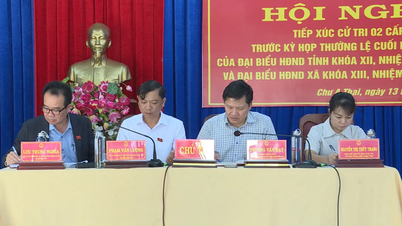

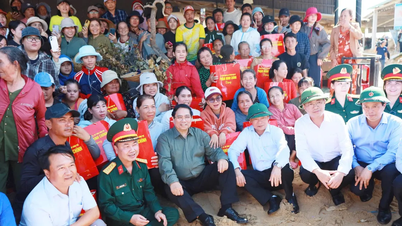

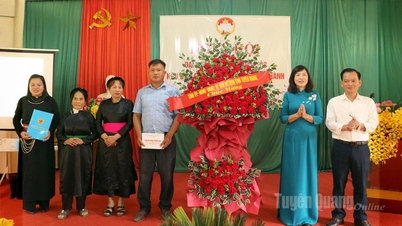

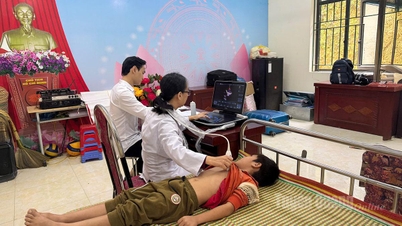
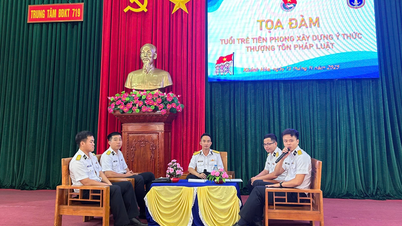







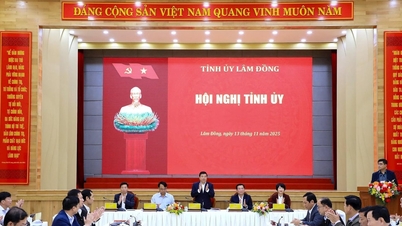


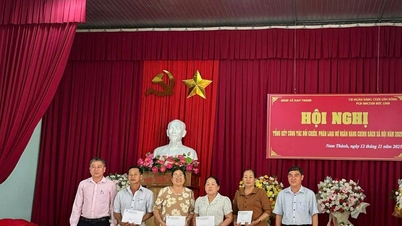
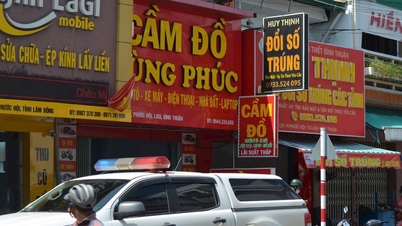











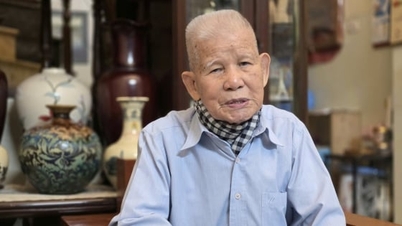







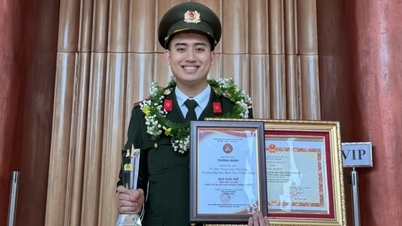










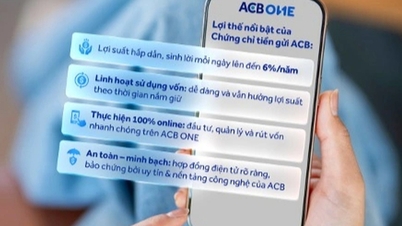






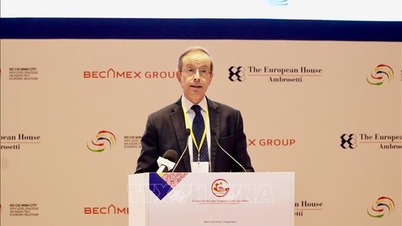

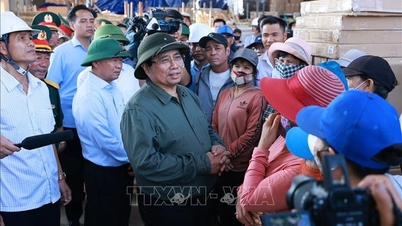






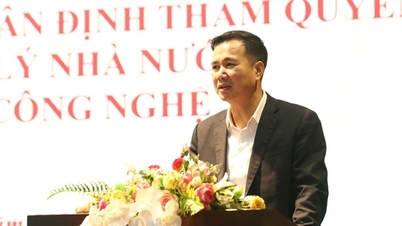

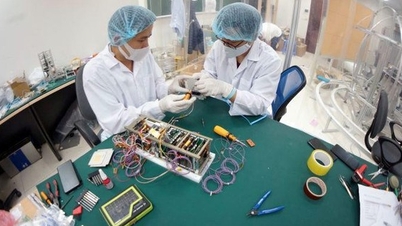



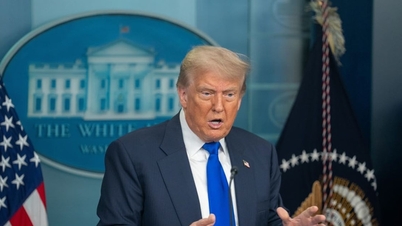

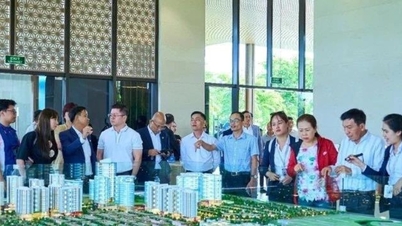
![[Infographic] Main development goals and targets for the 5-year period 2026-2030](https://vphoto.vietnam.vn/thumb/402x226/vietnam/resource/IMAGE/2025/11/13/1763013984385_cdn-nhandan-vn-images-22f099ca8bc7ae81aa2a8d3416a84bf8267bcc4f3a0ec01ee7b087ca4f1e19412ad321b4a75a62c5b1a9229f3bdfa20548b9382a8c3d1e37736b78a1be2bbad7-_1763006939481-1.jpeg)





![Dong Nai OCOP transition: [Article 3] Linking tourism with OCOP product consumption](https://vphoto.vietnam.vn/thumb/402x226/vietnam/resource/IMAGE/2025/11/10/1762739199309_1324-2740-7_n-162543_981.jpeg)







Comment (0)